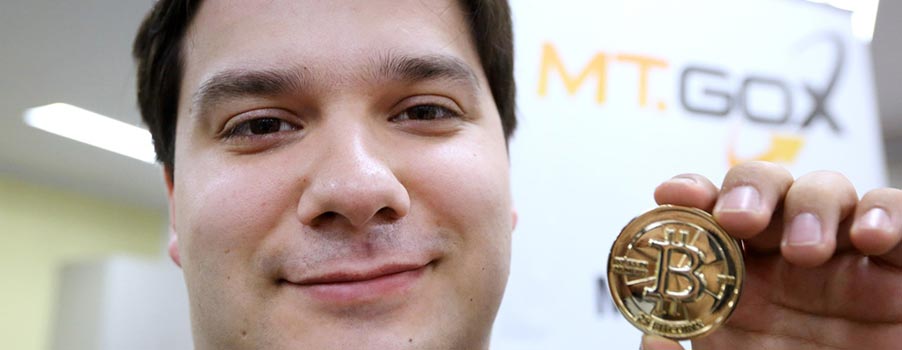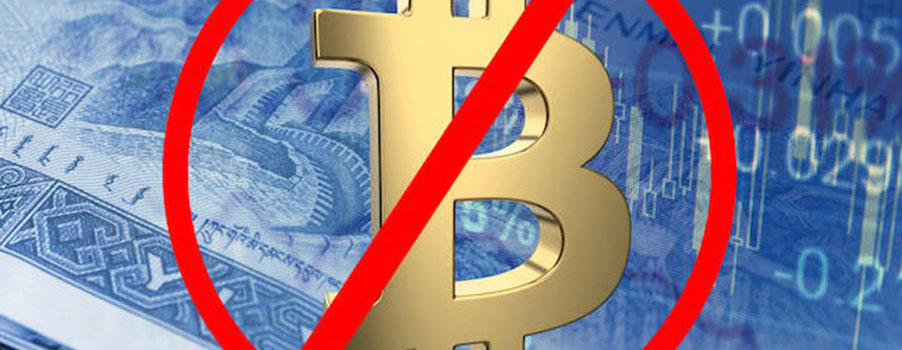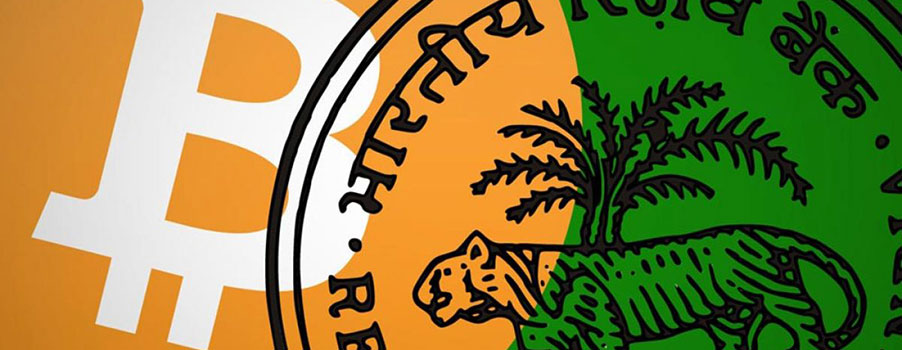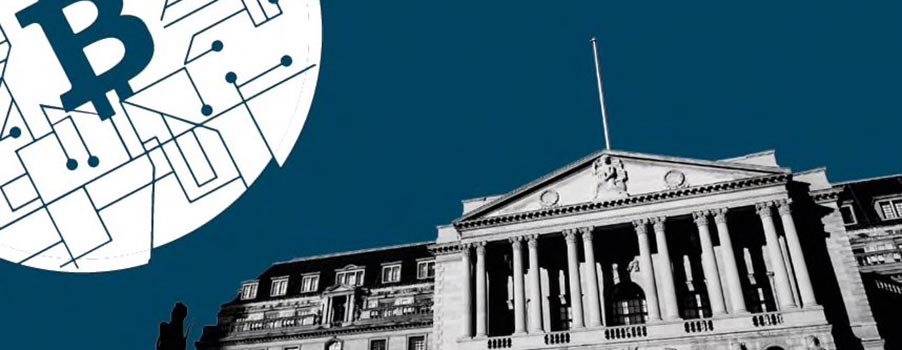The last four years have been pretty tough for Mark Karpelès, the Chief Executive Officer of Mt. Gox, the bitcoin exchange that went bankrupt in 2014 following the loss of 850,000 bitcoins. The situation not only made the former head of Mt. Gox one of the most hated men in the crypto world but also saw him serve a jail term for nearly a year while awaiting criminal trial for charges of data manipulations, breach of trust and embezzlement. This is despite the fact that Mt. Gox was able to recover 200,000 bitcoins – the remaining 650,000 bitcoins are believed to have been stolen by hackers from elsewhere.
“I have no way to be sure that I’ll still be able to work in one year, two years,” Karpelès said in an interview with Fortune in an interview in Tokyo in March. “So I cannot really get a normal full-time job.”
This sentiment by Karpelès clearly indicates that he acknowledges the possibility that he may be sent back to jail. Regardless of all this, he did land a new job as a C-level executive at a U.S. corporation – he will be the new chief technology officer (CTO) of London Trust Media which is paid virtual private network (VPN) service provider based in Denver.
The company also invests in cryptocurrency. In fact, it was an early investor in Zcash, a privacy-focused cryptocurrency, as well as Purse, an e-commerce startup that allows people to pay for Amazon purchases with bitcoin.
“Mark fought and fell. And although he fell, his skills, experience, and know-how unarguably continue to exist. And so, bringing in a seasoned warrior makes perfect sense to me. I am more than willing to give a second chance to Mark in this fight’s critical hour. I wouldn’t dare say that the person who architected the Titanic should never again architect another ship”, said Andrew Lee, co-founder at London Trust Media and former head of Mt. Gox’s North American operations.
In the interview with Fortune, Karpelès admitted that the new position at London Trust Media was now his main job alongside other five different IT consulting jobs, as well as online video game-related and network communications projects with employers he preferred not to mention. Also, since he is on trial and thus cannot legally leave Japan, Karpelès will only be able to work remotely.
However, even though his new job description puts him in charge of London Trust Media’s cryptocurrency ventures, the former Mt. Gox CEO has been quite open about the fact that he no longer believes in bitcoin.
“Bitcoin right now is, I believe, doomed. Its original promise of being the future of currency is clearly out of reach”, Karpelès said.
He believes that the cryptocurrency may have a lot of trouble evolving, scaling up and keeping up with everything. In addition to this, he pointed to the split between bitcoin and Bitcoin Cash as proof of how polarized the cryptocurrency community is.










